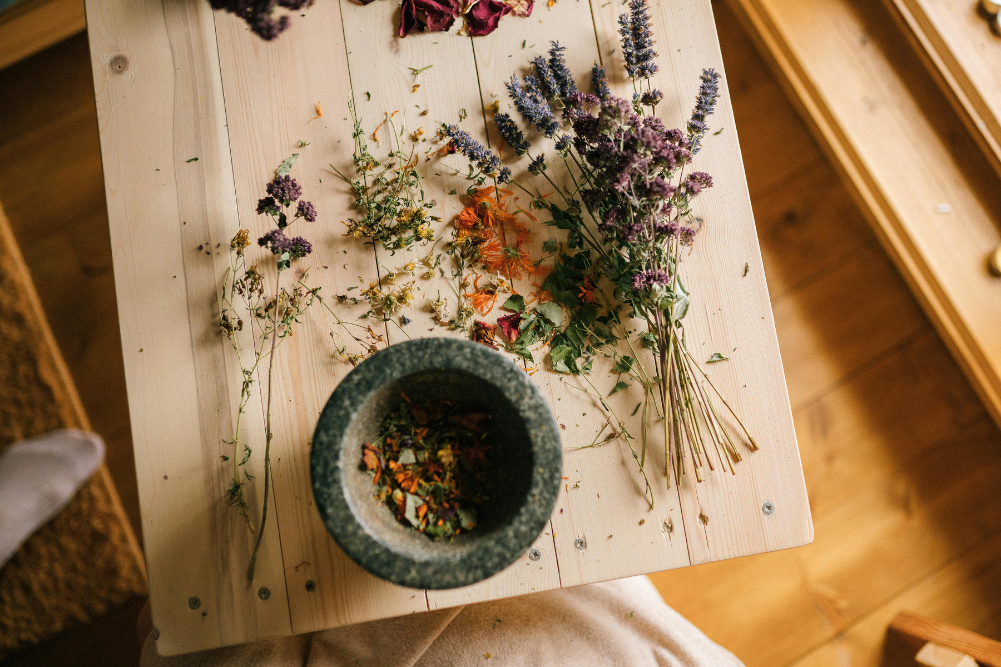The unwilling warrior: Coming to terms with a chronic illness
When Allison Agsten was diagnosed with ankylosing spondylitis eight years ago, she did what many people do when facing illness: she fought it with everything she had. It’s taken considerable courage to accept her illness as a part of who she is, but now Allison is at peace with her diagnosis.
My face was covered with hundreds of blisters, my bulging eyelids were swollen shut and the pain radiating down my back made it difficult to walk. Something had gone terribly wrong since the birth of my second child. Months after he was born, I was barely able to care for him, his brother or myself due to a mysterious set of symptoms that only seemed to worsen. Many doctors and countless tests later, I was diagnosed with ankylosing spondylitis, or AS, an incurable inflammatory disease of the spine.
If untreated, AS can lead to the permanent fusion of vertebrae; and even with treatment, it can seriously compromise quality of life. I’ve tried just about everything to manage my condition. Severe diets and herbal supplements taken by the fistful never made a dent. Immune-suppressing injections helped until they nearly killed me. Five years in, I was more ill than ever. And yet, I worked relentlessly and never missed a school play or a morning drop-off. At the lowest of health lows, my doctor and my husband got together to convince me to take time off. It was an intervention of sorts. My life depended on it.
I’d spent years fighting my disease. Isn’t that what I was supposed to do? The battle analogies related to illness are seemingly endless: we look for “silver bullets” and praise “cancer warriors”. In her famed essay, Illness as Metaphor, Susan Sontag argues that these kinds of associations can be dangerous: “As long as a particular disease is treated as an evil, invincible predator, not just a disease, most people with cancer will indeed be demoralized …” For me, it was quite the opposite. The combat mentality created a sense of agency in a situation that was actually out of my control. I pushed on valiantly until, close to collapse, I finally took a break.
At a retreat far from my job and my family, and with the help of doctors and therapists, I loosened my grip on the fight. I ate delicious meals, napped in the sun and went on long walks alone. By way of pleasure and introspection, I accepted AS once and for all. And after sitting with acceptance, a simple truth emerged that has allowed me to consider my body differently: my illness is part of me. It is not an outside attacker, scaling my walls. It is genetically coded in my body. If I hate my illness, I am directing hate toward myself.
In my worst moments, I try to accept my illness, and in my best, I even embrace it. AS has taught me extraordinary lessons, the kind that some of us may have to wait until much later in life to learn. These days, I squander less energy on maddening problems that can’t be solved. I also possess a much more complex perspective on strength and fallibility that informs the way I treat myself and others. I’ve evolved in these meaningful ways because of my ailments rather than in spite of them.
So does tenderness versus antagonism towards AS impact my health? I wish I could tell you that this outlook magically cured me, but a disposition can’t change my diagnosis. Nothing can. What it has done is dramatically alter my experience of pain. I was clenched against AS for years. Now, I flow with it. As I type this, blisters fill my mouth, making it difficult to eat. Sleep may not come easy tonight as the weight of blankets hurts my bones. But I accept the pain as it is — a sensation among other sensations, a feeling within a constellation of many other feelings. I am not a warrior. I am not a metaphor of any kind. But I am, gratefully, at peace.
Allison Agsten is a journalist-turned-curator currently pursuing a master’s degree at the Harvard Kennedy School. She was diagnosed with ankylosing spondylitis eight years ago.








